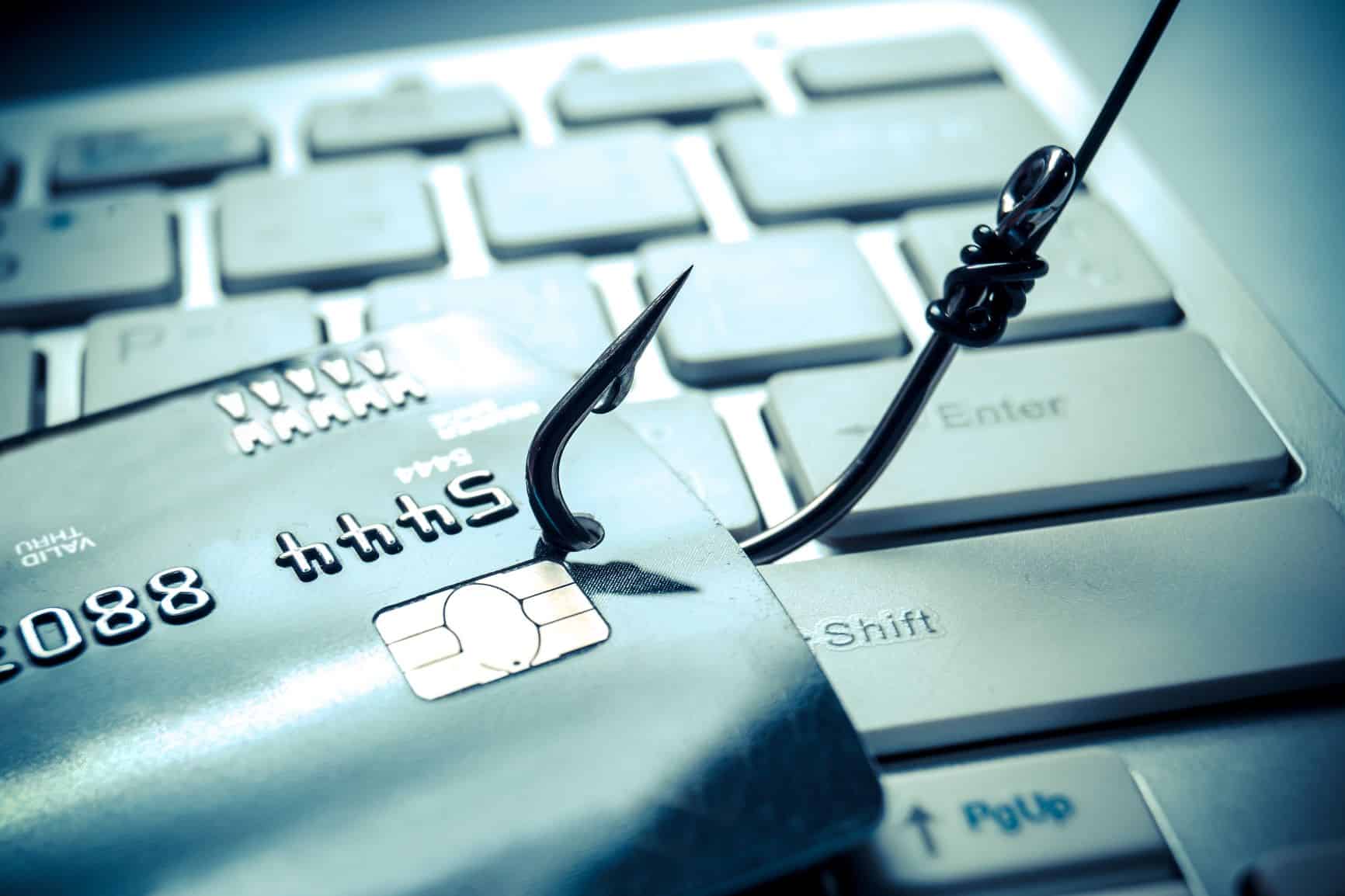Hackers have made some nefarious choices over the past several months. Many of which involve using the COVID-19 pandemic to spread their influence and steal data through phishing attacks. Let’s explore how these cybercriminals have leveraged a global disaster to their benefit and some ways that you can keep your business secure.
According to SecureList, spam and phishing trends in Q1 of 2021 were heavily influenced by the COVID-19 pandemic, and not in a good way. Here are a few examples of the major threats that surfaced during this time.
Stimulus Payment Scandals
Early 2021 saw many initiatives by government agencies to suppress the financial burden placed on individuals and businesses. This was done through the use of economic impact payments and business bailouts. Hackers, of course, wanted to capitalize on this and began using phishing messages to trick people. Targets received messaging that was often specific to their bank and utilized similar branding to official websites. These efforts were all elaborate tricks to convince users to hand over their credentials. Users would unsuspectingly enter their credentials into forms on these fake websites and put their sensitive information at risk.
The Vaccine Race
Back when the COVID-19 vaccine was in short supply or the supply itself was limited to specific groups of people, there was a bit of a race to get to it. This rush created an opportunity for hackers to capitalize on peoples’ desires for security and safety. Thus, they leveraged phishing schemes that used the vaccine to their advantage. They would use language and branding of official health organizations to convince users to click on links in emails. Then, they would redirect users to fake websites for harvesting credentials or banking information. Even those who got the vaccine received surveys offering free goods in exchange for information.
What You Can Do
It’s no surprise that cybercriminals are using these tricks to subvert security measures. These types of attacks are just more of a string of phishing attacks that must be kept up with in order to maintain network security. Here are a couple of ways that you can make this happen.
- Utilize Spam Protection: While they aren’t 100 percent effective all the time, spam filters are great for keeping threats out of your inbox. The most advanced phishing attacks could still make their way into your inbox. Therefore, we recommend taking multiple measures of network security.
- Train Your Employees: If messages do make it past your spam filter, you will want those who are reading the messages—your employees—to be able to identify the threat and avoid it at all costs. This is where training comes in.
- Implement Unified Threat Management: Unfortunately, even the best employees will make mistakes, so you will want to have a contingency plan in place for when accidents happen. A UTM gives you just that with a single all-in-one security solution for your network security.
4Corner IT can help your business approach network security in a responsible manner, implementing the best solutions and constantly testing your employees’ awareness of important security practices. To learn more about how we can help you protect your business, reach out to us at (954) 474-2204.





